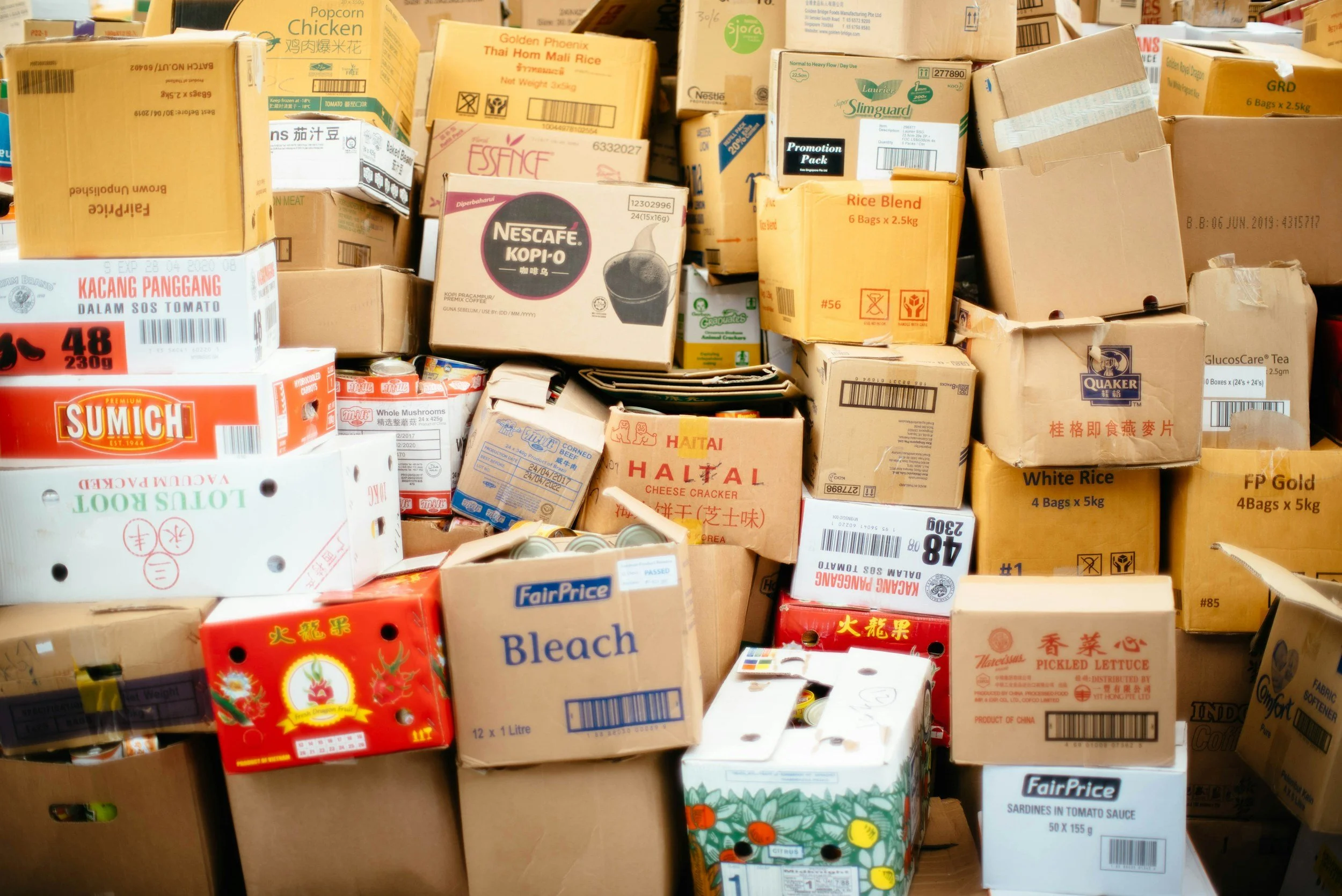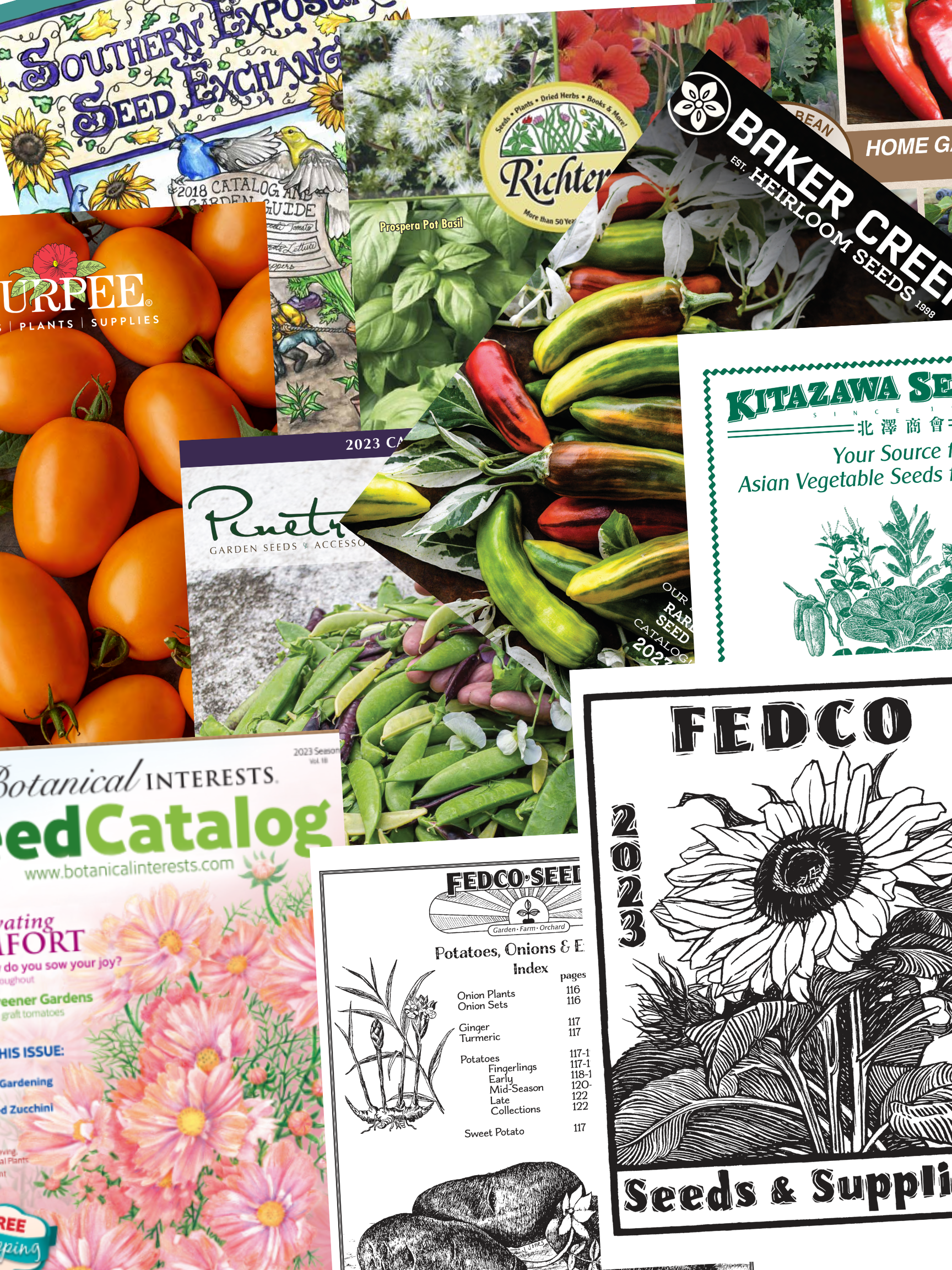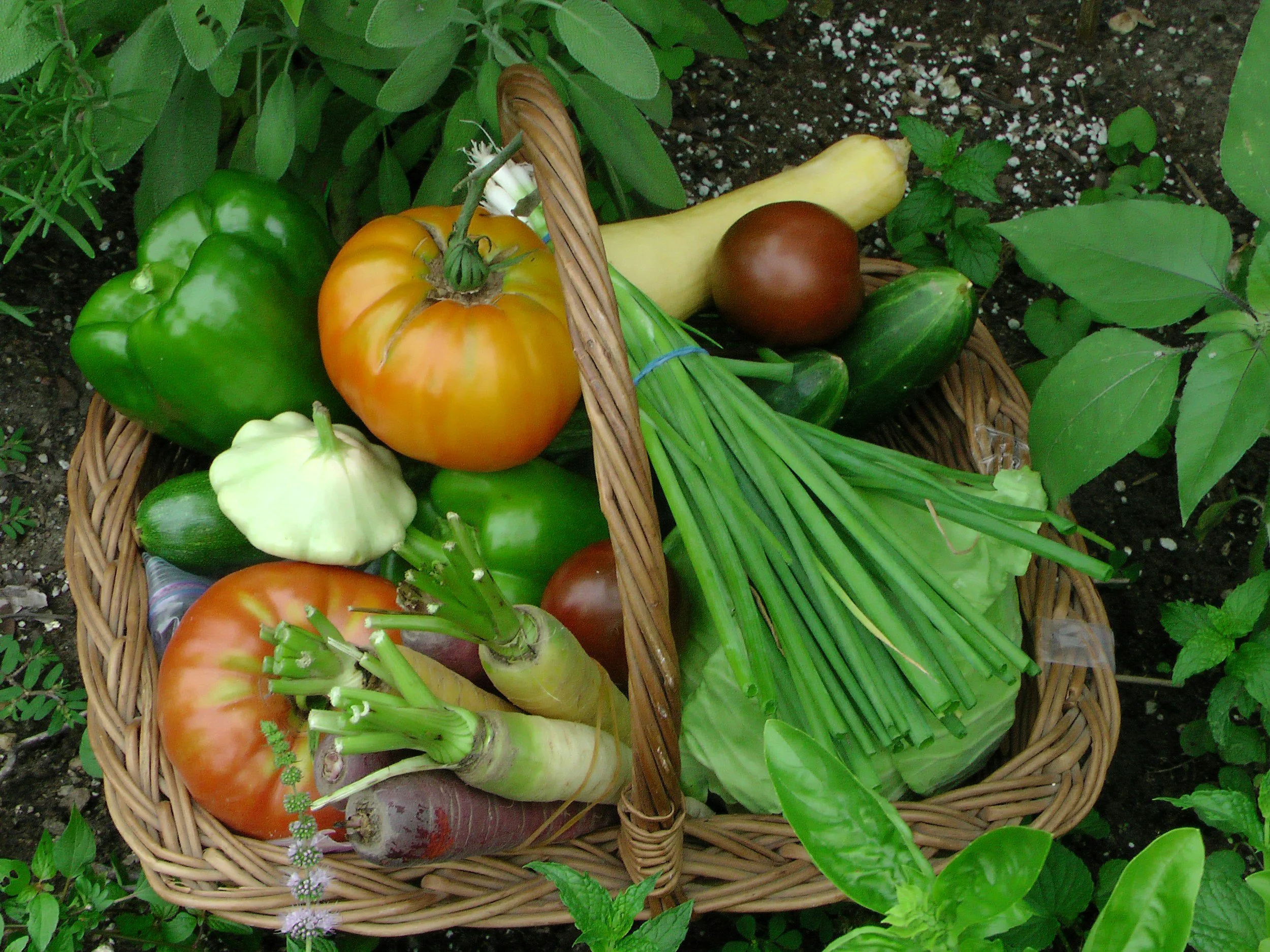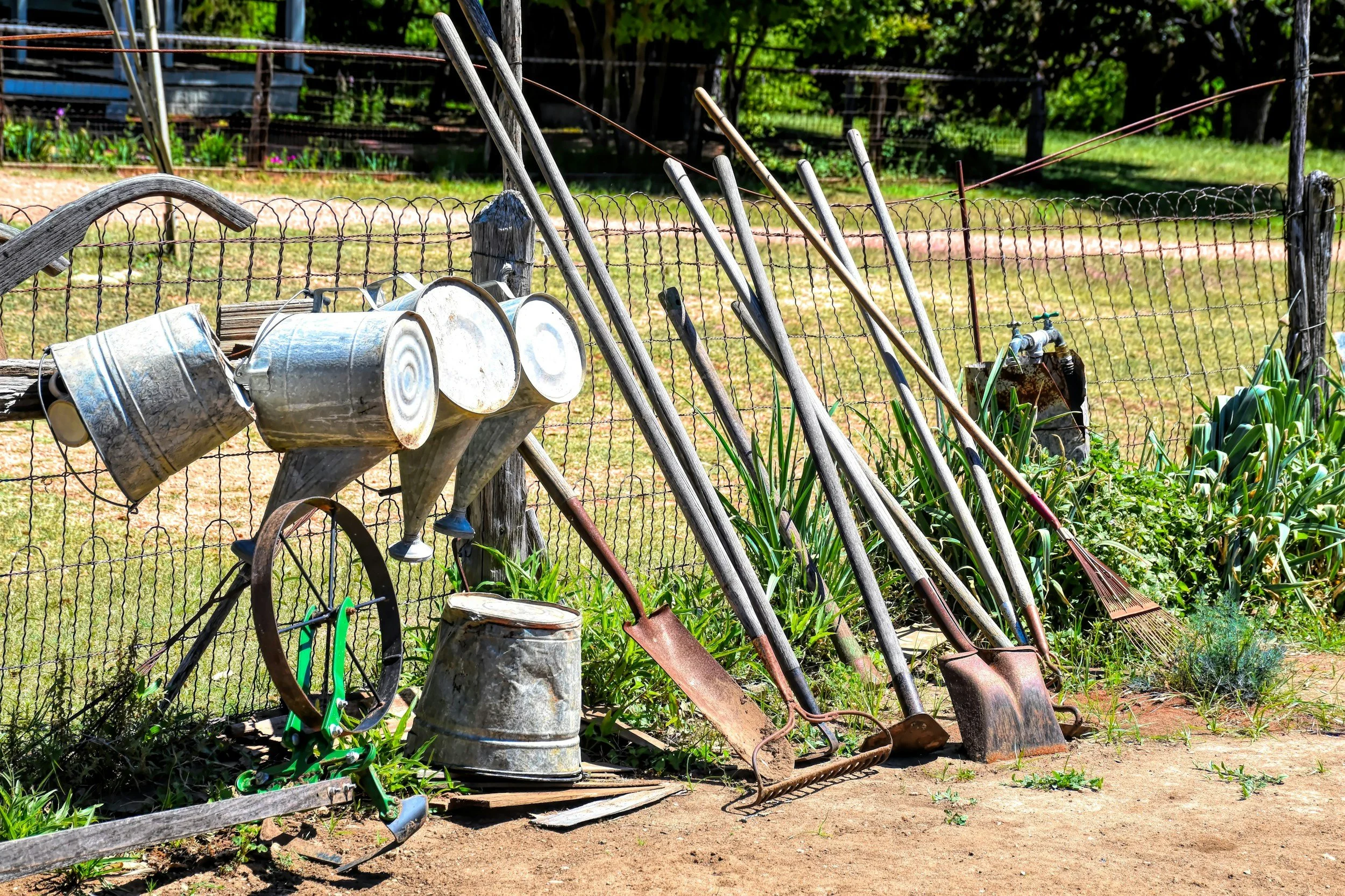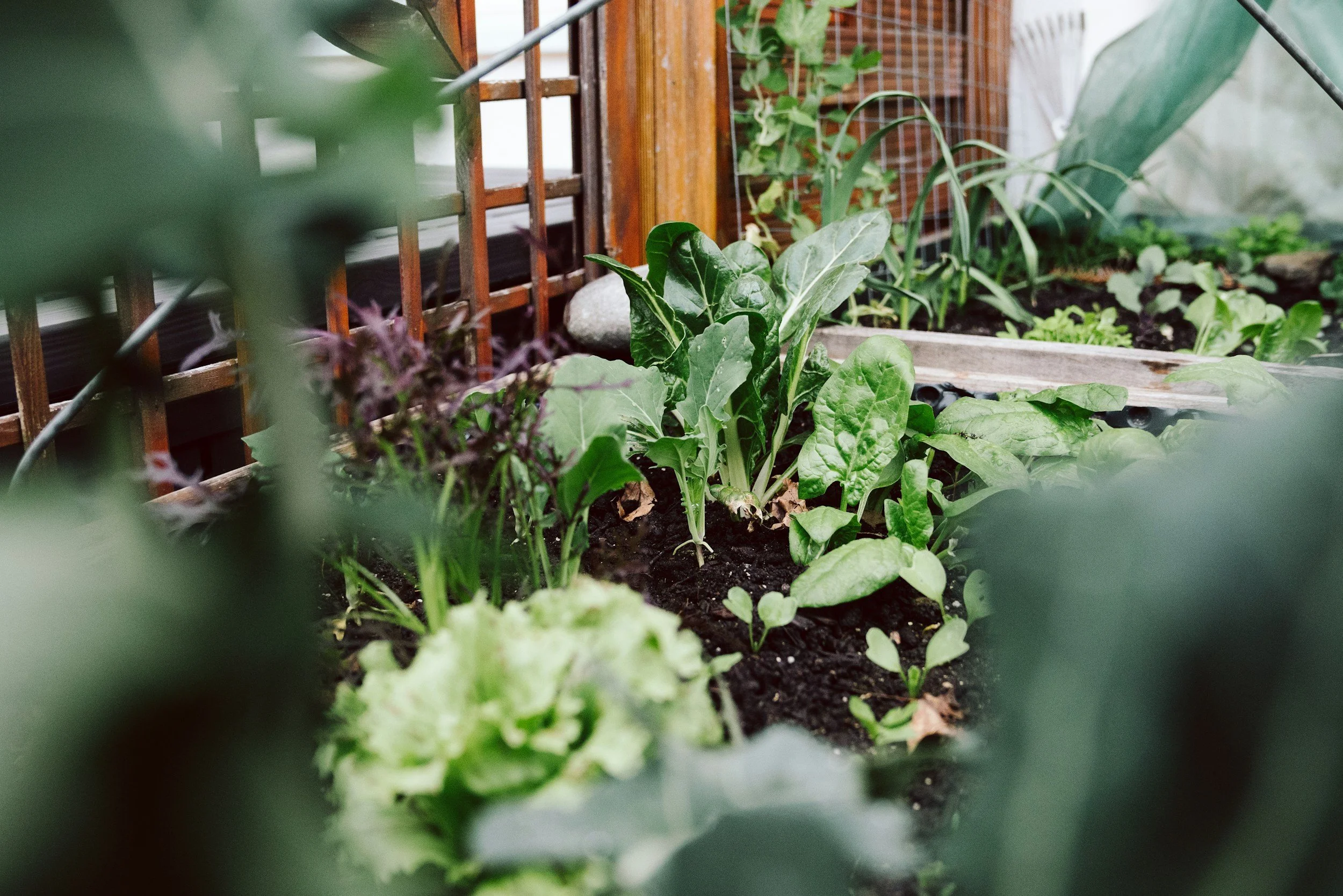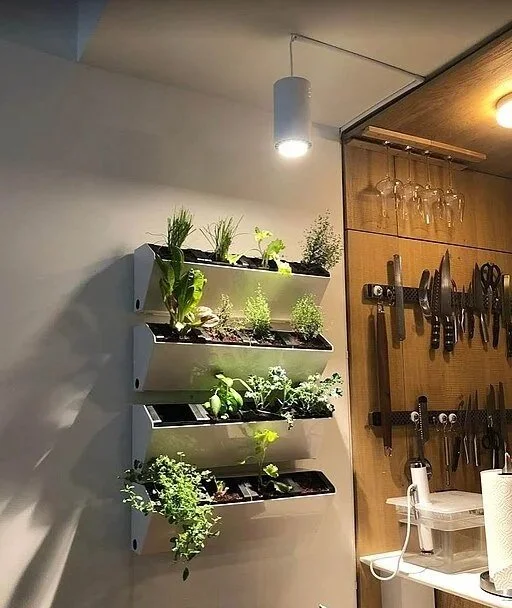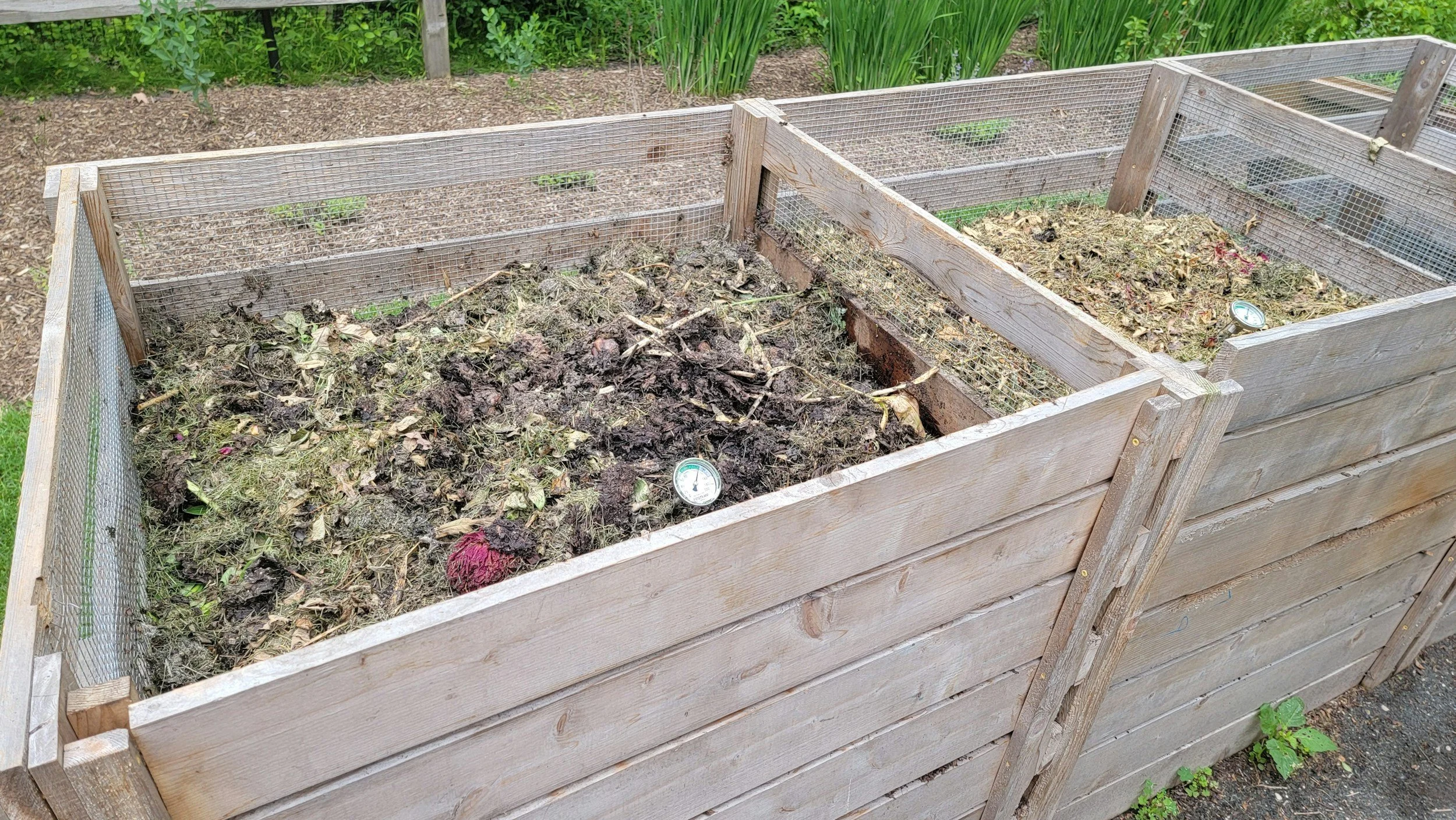Farm Aid – the best event you’ve barely heard about
/When Willie Nelson, Neil Young, and John Mellencamp founded Farm Aid back in 1985, sponsoring its first concert in Champaign Illinois, American farmers were in crisis. A series of droughts had devastated farms in the Midwest, Ohio Valley, and Great Lakes regions, with Kentucky and Ohio suffering their driest spells of the 20th century. Family farms were struggling to stay afloat, with many of them deeply in debt. Although the drought conditions would continue (and in some places, worsen) throughout the 1980s, Farm Aid brought the troubles faced by American family farmers to public consciousness for the first time. It also raised money to help struggling farm families to stay on their land and pay off crushing debt.
Thirty-one years later, people sometimes wonder if Farm Aid is still around and if so, why.
Although family farms are still struggling, many small farmers have been able to find new outlets for their produce through farmers’ markets, CSAs, and agrotourism. Some have benefitted from an explosion of interest in the locavore (i.e. “eat local”) movement. And many have been able to take advantage of the opportunities presented by the Farm Bill (Agricultural Act) of 2014, including funding for new, veteran, and socially disadvantaged farmers; training programs; new channels of financing (including microcredit loans); and the expansion of SNAP (formerly known as “food stamps”) to allow for benefits to be used to purchase CSAs, farmers’ market items, and other direct-to-consumer farm products.
Farm Aid has also played a big role in this process – not just lobbying for over 4 years for the passage of the Farm Bill, but in many other ways. Farm Aid has worked to enable farmers to access the services and opportunities out there, to increase connections between family farms and the communities that surround them, to help farmers practice sustainable agriculture, and to promote fairer farming practices and fight unfair and unsound ones. They have been on the front lines of battle against unfair practices in the genetically modified foods (GMOs) sector (such as lack of accountability for contamination of non-GMO crops by corporate GMO producers); the use of rBST (hormones given to increase production of milk in dairy cows); and the practices employed by factory farms (which value profits over animal welfare and human health).
Thirty-one years after the first Farm Aid concert, many family farms in the United States are still struggling, and the underlying factors that have contributed to (or caused) this struggle remain unanswered.
So why should you care?
Do you eat?
Do you have any concerns about the food that goes into your body?
Do you suspect that some food may be causing problems with your health (or your children’s health)?
To put it in more digestible terms (pun intended), here are a few reasons you should care about small farmers, family farms, and the work that Farm Aid and its supporters are doing.
1. Because current big ag practices are not sustainable. For example, monocropping and duocropping, practices in which farmers grow the same crop (or two) on the same parcel of land, year after year, are prevalent practices in corporate agriculture. While duocropping (which involves rotation between two crops after an interval of 2 or 3 years) is a little better than monocropping, it still presents some of the same problems. Practices like these deplete the soil of nutrients, which means that the crops being grown in that soil have a lot fewer vitamins and minerals in them than they should.
There are a number of other problems that corporate framing is causing or exacerbating, including concentrating market share among a small number of firms, thereby stifling competitive pricing; exploiting migrant farmworkers, whose cheap labor undercuts small and medium producers; and raising (and slaughtering) an excessive number of livestock, which is forced to live in inhumane conditions that no one who cares for another living being should consider acceptable. The list goes on…
2. Because corporate farming as it is currently practiced in the US is hurting our communities. Aside from endangering the health of the public and the environment through the excessive use of pesticides like glyphosate, studies of factory farms have shown an increase in respiratory, mental, and neurological illnesses among people who live close to them. When industrial farms move into the neighborhood, they often replace small farms, driving people off land they may have been farming for generations. For the most part, rural workers have not benefited from the record profits that industrial farms have made in the past decade or more, while many small farmers have been forced to grow crops and raise animals for industrial farms, using practices that those farmers strongly object to, but lack the power to change. The documentary film, “Food, Inc.” does a great job of showing how and why small farmers are beholden to these corporate interests, and why we all have lost as factory farms have grown.
3. Because industrial food production is leading to a host of health problems, and is exacerbating, not helping, global poverty. In some nations, obesity and its related diseases are at record levels among the affluent and rising middle classes, while over a billion people around the world do not get enough food to eat. To sum it all up, we eat more processed food than ever, food borne illnesses are on the rise, human (and environmental) health has been on a steady path of decline, and food insecurity continues to be a problem, globally, in most nations of the world. Corporations like Monsanto are trying to convince us that the answer to global food insecurity is for American farmers to produce more, but a rising “grow your own” movement, along with others who oppose industrial farming practices, disagree.
At the same time, food waste is rampant, and much of that waste is happening on farms, which are unable to sell some of their crops because of the erroneous belief that these products are cosmetically “undesirable” or do not have a market. The markets are there, but the will to find them is sometimes lacking.
4. Because it will take everyone pulling together, over generations, to reverse the tide of all the bad food practices and policies of the past half-century. Farmers can’t do it alone, and while consuming more whole foods than processed foods, buying more local and organic foods, and cutting down on meat or eliminating it altogether from your diet are all important steps that you can take, that alone won’t help. Partnering with organizations that are out there lobbying on behalf of small farms, educating and training farmers to use more sustainable practices, and advocating for legislation that implements fairer agricultural policies is also important.
The Green and Prosperous “Campaigns and Calls to Action” page contains links to a number of organizations and campaigns. Please visit the page, located within the “Consumer Guides/Calls to Action!” menu and find out more about what you can do to help.
And the final reason why you should care about Farm Aid and organizations like it is the simplest one of all:
5. Because we all have to eat well to stay healthy. The more that eating involves real food, grown in optimal conditions, by the people who genuinely care about the communities they serve, the better for your healthy and the health of the planet.
Want to know more about healthy eating and how to improve your quality of life? Click the button below and sign up for my mailing list to receive exclusive access to downloadable information, cheat sheets, reports, infographics, and other resources for your healthy lifestyle.
Like this? Please pin!









